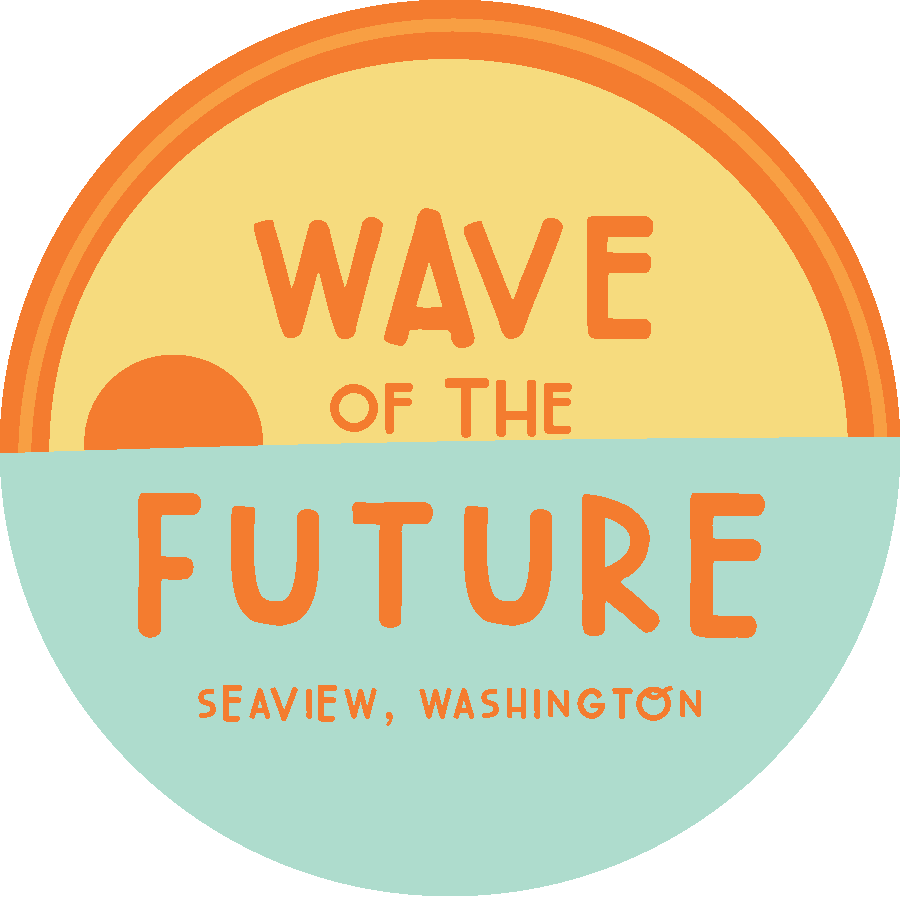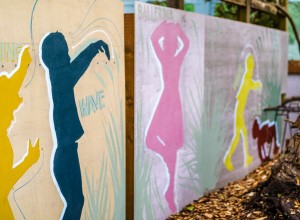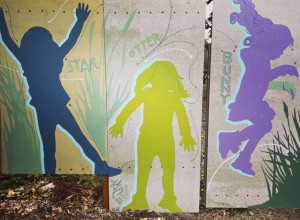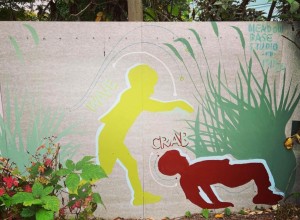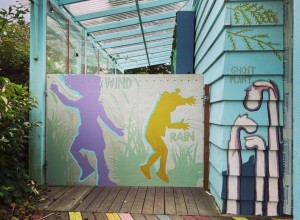Application
Contact Us waveofthefuturecoop@gmail.com for more information, or to schedule a tour
Apply here if you’re ready to reserve your spot.
Calendar
Daily Schedule and Routines
8 AM: Arrival
8-9 AM: Explore works
9:00-9:30 AM: Snack
9:30-11:00 AM: Explore works
11:00- 11:15 AM: Gathering
11:30-12 PM: Lunch
12:00-1:30 PM: Walk
1:30-2:30 PM Nap
2:30-3:00 PM Quiet Work for olders
3:00 PM Pick up
Fees
2023 (based on annual enrollment)
This year we have 3 different prices. The full price reflects the actual cost per child to run the center. Most families will receive the scholarship price. When you fill out the interest application, you’ll be able to request a scholarship. We encourage every family to do so! For students registered before September 2023, we will honor the previous year rate (as noted below).
-
Fall-Spring, September 2023 – June 2024
FULL PRICE 9.5 MONTH TUITION
Schedule
Total 9.5 Month Tuition
September prorated 50%
9 Monthly Installments
5 Full Days (8am-3pm)
$11,400
$600
$1,200
3 Full Days (8am-3pm)
$8,550
$450
$900
5 Half Days (8am-12pm)
$6,650
$350
$700
3 Half Days (8am-12pm)
$4,750
$250
$500
SCHOLARSHIP 9.5 MONTH TUITION
Schedule
Total 9.5 Month Tuition
September prorated 50%
9 Monthly Installments
5 Full Days (8am-3pm)
$8,550
$450
$900
3 Full Days (8am-3pm)
$6,650
$350
$700
5 Half Days (8am-12pm)
$5,700
$300
$600
3 Half Days (8am-12pm)
$3,800
$200
$400
2022 RATE 9.5 MONTH TUITION – Must have Registered by Sept 2023. Rates for 23/24 year only.
Schedule
Total 9.5 Month Tuition
September prorated 50%
9 Monthly Installments
5 Full Days (8am-3pm)
$6,650
$350
$700
3 Full Days (8am-3pm)
$5,700
$300
$600
5 Half Days (8am-12pm)
$5,700
$300
$600
3 Half Days (8am-12pm)
$3,800
$200
$400
Summer 2024, July – August 2024
FULL PRICE SUMMER 2 MONTH TUITION
Schedule
Total 2 Month Tuition
2 Monthly Installments
5 Full Days (8am-3pm)
$2,400
$1,200
3 Full Days (8am-3pm)
$1,800
$900
5 Half Days (8am-12pm)
$1,400
$700
3 Half Days (8am-12pm)
$1,000
$500
SCHOLARSHIP 9.5 MONTH TUITION
Schedule
Total 2 Month Tuition
2 Monthly Installments
5 Full Days (8am-3pm)
$1,800
$900
3 Full Days (8am-3pm)
$1,400
$700
5 Half Days (8am-12pm)
$1,00
$600
3 Half Days (8am-12pm)
$800
$400
Pricing is available for 2 days/wk on a case-by-case basis upon request.
- We offer a 10% family discount on tuition for families with multiple children enrolled. This offer does not combine with any other discounts.
- Working Connections Child Care (WCCC) Program: WCCC helps eligible families pay for child care for up to 100% for qualifying families.
Food & Snacks
Water
Please pack a fresh water bottle for your child each day. Teachers and Aides may refill these but not wash them.
Lunch
Families are expected to bring their child to school with a packed lunch. Please make sure your child has everything they need and can easily open their lunch. We do this to encourage self-sufficiency and independence. Lunch boxes remain in the child’s backpack except during lunch. Please make sure lunches match USDA standards. Please include ice packs so that lunches can be kept at 41 degrees.
Snacks
We provide a morning snack from 9- 9:30 am
Our staff puts a lot of care into making balanced, nutritious and delicious snacks. We shop organic whenever possible. A menu is posted at the beginning of each week.
Licensing & Permitting
We are a fully licensed preschool with DCYF.
Philosophy
Our preschool is guided by the benefits of outdoor learning and expression through the arts. We hope to encourage the development of the whole child by cultivating independent thought and foundational skills as well as awareness of their environment; empathy for others; social ease and confidence. Our philosophy is expressed through the way we structure our day, interact and communicate with children, and the values we hope to instill through daily routines. As early childhood teachers, our role is to function as guides. Our goal is to offer the children we work with the opportunity to discover their interests, learn self-expression, and understand the importance of being grounded in the natural world.
Parent Handbook
All our policies are more detailed information is listed in our parent handbook.
Pick-up & drop off
We abide by the Department of Early Learning policy which requires that parents or guardians sign their children in and out daily. When you arrive at school, please write the name of your child on the attendance log and the time you arrived. When you pick up your child, please sign out by writing the time you are leaving the facility. Maintaining attendance records is an important piece in our licensing process, so please make this a habit.
Wave of the Future keeps a list of adults authorized to pick up your child in your child’s file. An authorized adult is required to walk your child in and out of the school premises. Please notify the school if someone other than yourself or authorized adults will be picking up or dropping off your child in writing by emailing the director the day before or texting day-of in case of last minute changes. If someone we are unfamiliar with comes to pick up your child, we will ensure they are listed as an authorized adult.
Vaccination Requirements
Upon acceptance to the program and before a child’s first day of attendance, we require proof of vaccinations or exemptions.
Preparing for your kids first day.
We will schedule a time to introduce your kid to the classroom before their first day.
What to bring
Families are expected to bring their child to school with a packed lunch. Please make sure your child has everything they need and can easily open their lunch. We do this to encourage self-sufficiency and independence. Lunch boxes remain in the child’s backpack except during lunch. Please make sure lunches match USDA standards Please include ice packs so that lunches can be kept at 41 degrees.
Covid
We are not currently asking students or staff to wear masks. We do ask that you inform us if you or a close contact has tested positive. We will continue to follow all local guidelines and CDC recommendations.
